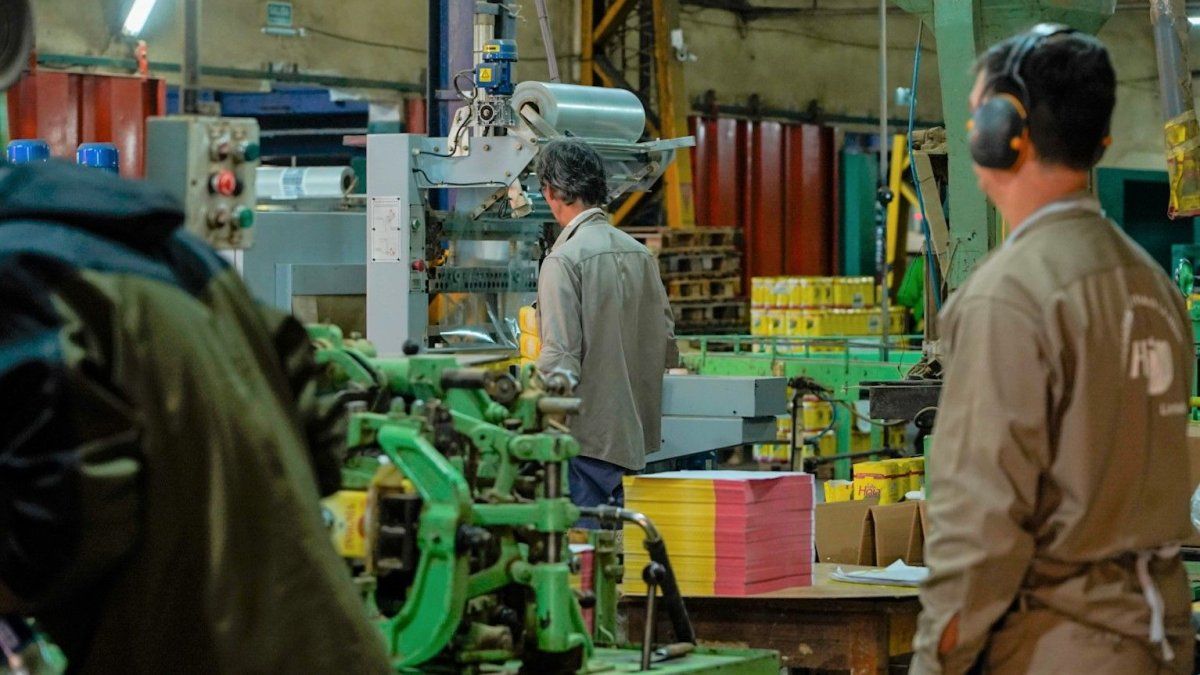Economic history has shown this and I am convinced that the development of national industries is essential to achieve sustainable and strategic economic growth in our country. In an increasingly globalized world, it is easy to fall into the trap of being overly dependent on imports, but this can have negative consequences for our economy and sovereignty.
In the context of developing or emerging countries, one of the great challenges has been to achieve a balance between opening up to global markets and building a robust national industry. An effective strategy to achieve this is import substitution, which not only seeks to reduce external dependence, but also to encourage local production, promote employment and improve competitiveness.
The concept of import substitution has been debated for decades, and although many have dismissed it as obsolete, its relevance remains if applied under a strategic approach and adapted to current times. The central idea behind this policy is that, instead of importing goods and services, a country can develop its internal productive capacity, encouraging the growth of local industries. However, for this to be viable, careful planning is required and a series of conditions must be present for the strategy to be sustainable.
Import substitution should seek to reduce dependence on imported products and services, promoting national production and stimulating innovation and competitiveness of our SMEs. This will not only allow us to save foreign currency and reduce vulnerability to external shocks, but will also generate employment, increase investment and strengthen our industrial base.
SMEs are the necessary engine of any economy that aspires to be self-sufficient. Creating added value at the local level allows countries to develop technologies, generate quality employment and integrate more effectively into global value chains. By strengthening internal productive capacity, not only the provision of essential goods is guaranteed, but also the development of knowledge and capabilities that can lead to innovation.
The development of domestic industries is not only an economic necessity, but also a matter of sovereignty. The global economic crisis of 2008 and the COVID-19 pandemic showed that excessive dependence on imports, especially in strategic sectors such as health, can be extremely damaging. Countries without a solid industrial base are more vulnerable to external shocks and fluctuations in the global market.
While import substitution has historically been thought of in terms of manufactured goods, there is also enormous potential in the services sector. Today, many countries rely on imports of technological, financial and educational services. Developing a robust services industry is as crucial as fostering the production of goods.
The world is in a transition towards more digitalized economies, and countries that manage to develop their own software, information technology and high-end services industries will have a significant competitive advantage. This requires policies that encourage entrepreneurship, innovation and the internationalization of these services.
Import substitution, when carried out strategically and with a long-term vision, is a powerful tool for developing SMEs and reducing external dependence. However, it is a path that requires commitment and efficient coordination between the government, the private sector and education.
We are concerned about the latest speech by President Javier Milei when presenting the 2025 Budget. We understand that it was an innocuous, empty speech, with little content for the country’s growth. No item is contemplated to promote production, job creation, or how to boost economic activity. For SMEs, the scenario remains worrying, understanding that the only way out is a process of substitution of important companies and an export drive.
In short, the development of domestic industries and import substitution are key to a prosperous and strategic future for our country. It is time for us to focus on strengthening our industrial base, generating employment and stimulating innovation and competitiveness. Only in this way can we ensure that we emerge from this economic crisis with sustainable economic growth and by protecting our economic sovereignty.
To make progress on this path it is essential to:
- Establish state policies that promote and develop import substitution with clear objectives and specific goals.
- Invest in infrastructure and vocational training to support the development and consolidation of SMEs in their production process.
- Create accessible and affordable financing mechanisms for national companies.
It is time to take real control of our economic, political and social destiny, to work together and build a prosperous and sovereign future for all Argentines.
President of the Argentine Federal Confederation of SMEs. Textile SME Entrepreneur
Source: Ambito
I am an author and journalist who has worked in the entertainment industry for over a decade. I currently work as a news editor at a major news website, and my focus is on covering the latest trends in entertainment. I also write occasional pieces for other outlets, and have authored two books about the entertainment industry.




